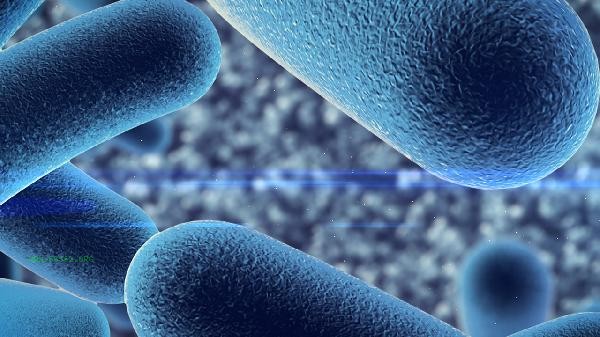The correct way to take probiotics mainly includes choosing the appropriate time, avoiding high temperatures, pairing appropriate foods, controlling dosage, and continuous regular supplementation. Probiotics are active microorganisms that regulate the balance of gut microbiota. Proper consumption can improve their survival rate and effectiveness.

1. Choose the appropriate time
It is recommended to take probiotics half an hour after a meal, as the concentration of stomach acid is low, which is beneficial for live bacteria to reach the intestines through the stomach. When fasting, there is a higher secretion of stomach acid, which may affect the survival rate of probiotics. Some special dosage forms, such as enteric coated capsules, are not subject to dietary time restrictions.
2. Avoid high temperatures
When brewing probiotic powder, warm water below 40 ℃ should be used, as high temperatures can inactivate bacterial strains. When storing, it is necessary to avoid light and moisture, and some strains of bacteria need to be refrigerated. Avoid taking with hot drinks or food, and drink as soon as possible after brewing.
3. Combining probiotics with foods rich in dietary fiber can enhance the colonization effect, such as oats, bananas, etc. Avoid taking antibiotics with an interval of less than 2 hours, as antibiotics can inactivate probiotics. Lactose in dairy products can serve as a nutritional source for some probiotics.
4. Dose Control

The recommended daily intake of different strains varies greatly, usually ranging from 1 billion to 10 billion CFU per dose. Special groups such as children and pregnant women need to adjust according to medical advice. Excessive supplementation may cause temporary gastrointestinal discomfort, and there is no need to pursue ultra-high doses.
5. Continuous and regular supplementation
Probiotics have a colonization period of about 2-4 weeks in the intestine, and it is recommended to supplement continuously for more than 1 month. After the relief of symptoms such as acute diarrhea, it is still necessary to maintain supplementation for 1-2 weeks. Long term use can choose different bacterial strains for rotation to avoid homogenization of the gut microbiota.
During the period of taking probiotics, one should maintain a light diet, reduce the intake of high-fat and high sugar foods, and increase whole grains and fermented foods appropriately. Combining regular sleep and moderate exercise can help improve the intestinal environment. If discomfort such as bloating occurs, it can be reduced and observed. If symptoms persist, it is important to consult and note that probiotics cannot replace medication. Patients with severe intestinal diseases should use probiotics in combination under the guidance of a physician.









Comments (0)
Leave a Comment
No comments yet
Be the first to share your thoughts!